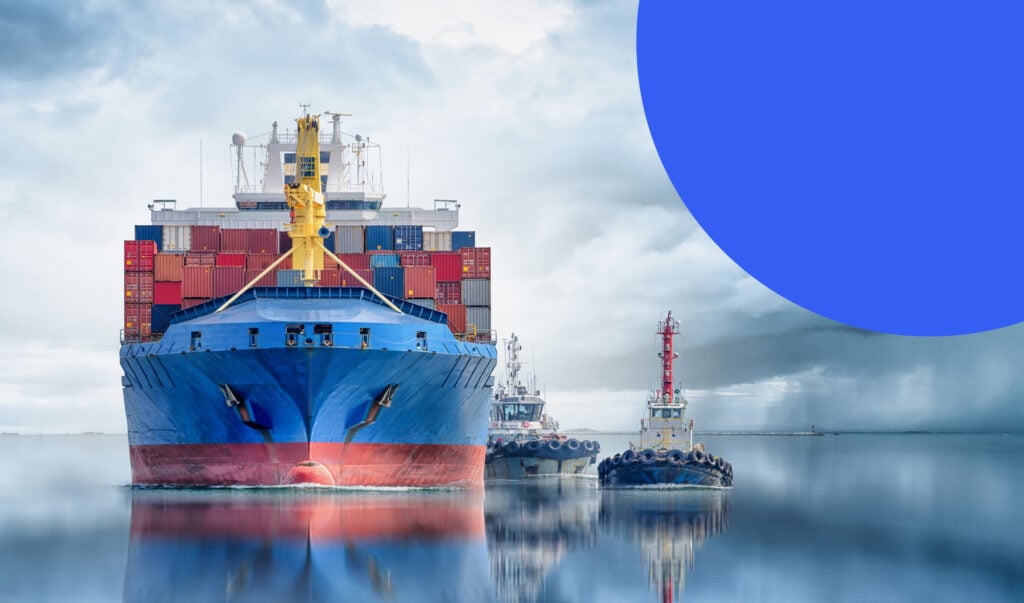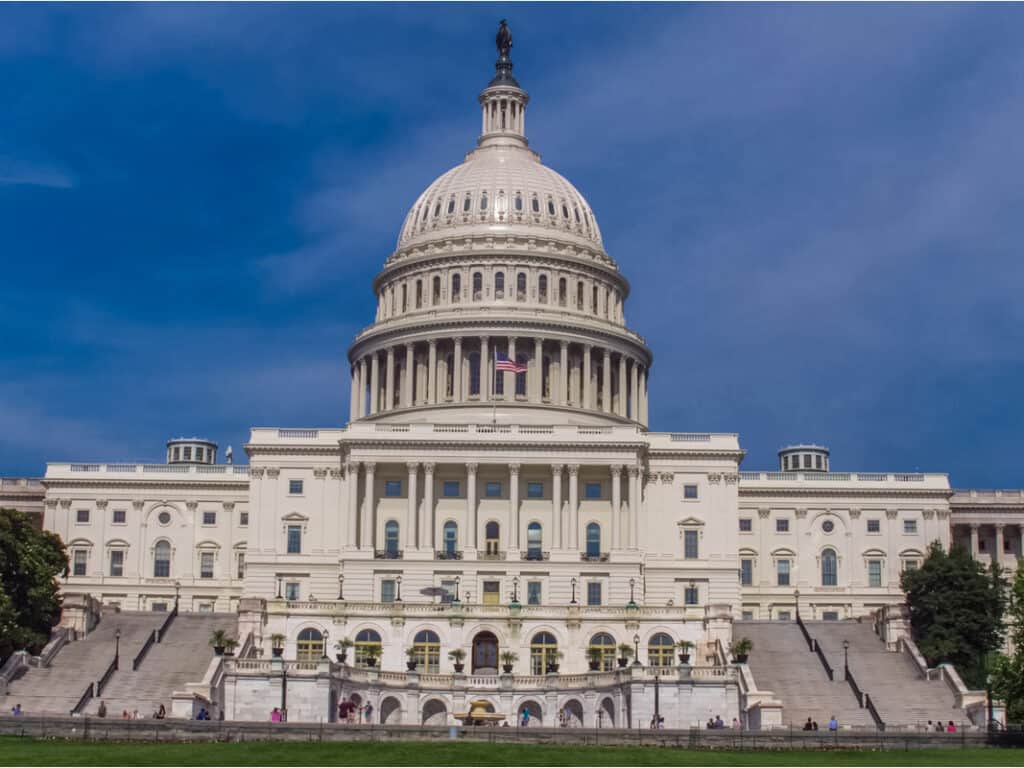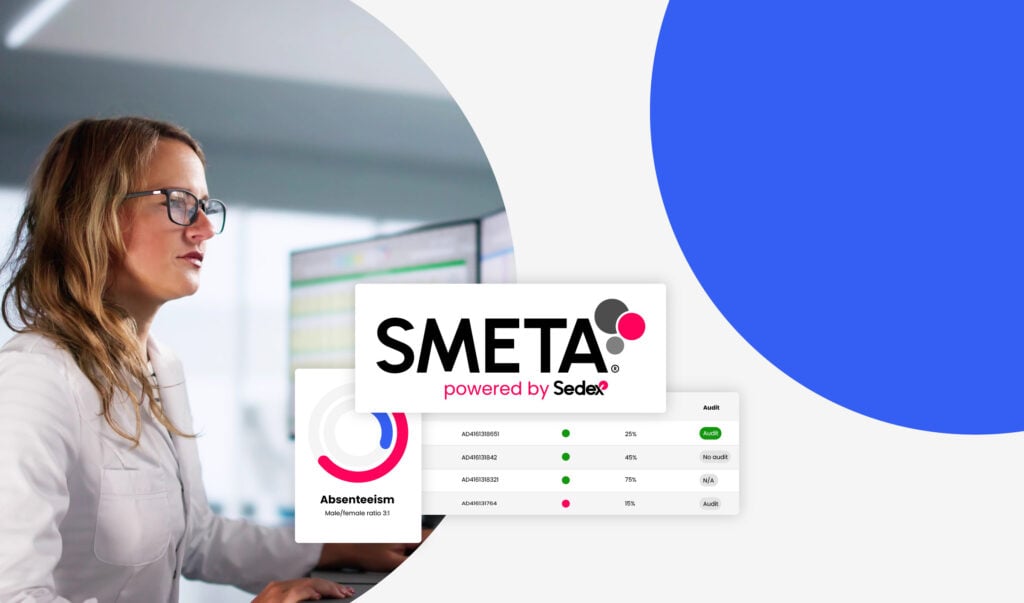7 pillars of responsible sourcing
At Sedex, we are passionate about empowering businesses to source ethically and responsibly. Our new Consulting offering is here to support your business to step in the right direction and have a powerful and lasting impact.
Our seven pillars build on the United Nations Guiding Principles for Business and Human Rights (UNGPs). They are also guided by the Organisation for Economic Co-operation and Development (OECD) Guidelines for Multi-National Enterprises and other international due diligence frameworks.
Our approach is designed to support organisations at every stage of their responsible sourcing approach, from those at the very start to those with years of experience. We have steps to support organisations like yours implement or enhance a 360-degree approach for responsible sourcing.
Below you will find information about every pillar plus some questions to help you discover where your organisation sits in its responsible sourcing journey.
1. Awareness and Preparation
While responsible sourcing is a hot topic in the procurement space, there are many organisations that are yet to implement responsible sourcing practices, and that may lack the internal expertise or capacity to set up a responsible sourcing programme for their team or organisation. The Awareness and Preparation stage has two goals. The first is to understand the current state of the organisation and the work needed to bring the organisation towards its goals and/or legal requirements. The second is to educate key stakeholders on responsible sourcing principles, activities and benefits.
When talking to your organisation think about…
- Do you need support understanding responsible sourcing and what it means for you?
- Do you know what your legal requirements are under laws like the UK Modern Slavery Act 2015, and are you prepared for the upcoming EU Due Diligence Law?
2. Define and Commit
The Define and Commit stage brings together key stakeholders and sets out the scope of the responsible sourcing programme – what do we want to achieve, what parts of the organisation are involved, and what do they have to do to achieve this? This stage also clearly defines any legal requirements an organisation faces regarding responsible sourcing, such as their duty under the UK Modern Slavery Act 2015 or similar due diligence laws. Based on the scope, the organisation then commits to its responsible sourcing activities through policies and processes, such as supplier code of conducts or ethical trade principles.
When talking to your organisation think about…
- Does your responsible sourcing strategy align with your company goals?
- Do you have supplier codes of conduct in place that stipulate your responsible sourcing requirements?
3. Embed and Governance
The Embed and Governance stage focuses on communicating and embedding the new policies and processes to relevant stakeholders, such as suppliers and your procurement team. A robust governance process should be established to ensure proportionate and appropriate responsibility is allocated to responsible sourcing activities, and escalation mechanisms are clear. Training of employees on new procedures may be helpful here.
When talking to your organisation think about…
- Who is responsible for responsible sourcing in your organisation?
- What happens if a problem is identified with one of your suppliers?
- Are your employees aware of the responsible sourcing requirements and challenges of their role?
4. Assess Risks and Impacts
It is crucial for organisations to identify and assess their risks and impacts when it comes to supply chain. Responsible sourcing risks are constantly evolving, so regular assessment of your supply chain using up to date data and insight is crucial to shaping appropriate and prioritised actions for your business.
Most responsible sourcing legislation makes risk assessment of the supply chain mandatory. Some legislation now also requires impact assessment – an assessment of the impacts of your business on human rights or the environment. In other words, an assessment of what is actually happening on the ground? The Assess Risks and Impacts stage combines industry best practices with the needs and structure of your organisation to ensure that nothing is missed, and a full analysis is undertaken.
When talking to your organisation think about…
- Do you know which risks may be present in your supply chain?
- Do you have a risk assessment methodology for your operations and supply chains?
- What are the impacts of your business on human rights and the environment?
5. Implement and Act
The Implement and Act Stage helps your business take risk-based and prioritized actions to address responsible sourcing issues in your business. Using the results of the previous stage, proportionate actions are taken – from remediating issues to updating policies – to address the opportunities and risks found in your organisation. For the supply chain, further supplier due diligence is undertaken, including further requests for information, conducting audits and analysing results and even changing suppliers. The actions are cascaded throughout the business and down supply chains to ensure everyone is on the path to best practice.
When talking to your organisation think about…
- What actions do you take to address responsible sourcing risks in your supply chain?
- Do you conduct audits with your suppliers? If so, how do you identify who to audit, how and when?
- What do you require of your suppliers to ensure they are meeting responsible sourcing laws or regulations?
6. Monitor and Evaluate
Understanding what your organisation is doing and how well it is doing it is important for commercial, legal and operational reasons. Having a suitable mechanism to measure progress against KPIs and goals, and evaluate the effectiveness of that progress, is essential. The Monitor and Evaluate stage helps gather data throughout the organisation and measures progress and success against the predefined monitoring framework and goals. Achievements can be leveraged for other parts of the business, and problematic areas can be addressed quickly.
When talking to your organisation think about…
- Who is responsible for monitoring progress against responsible sourcing targets and goals?
- How do you assess the effectiveness of your organisation’s actions, policies and processes?
7. Report and Communicate
Many laws require businesses to disclose information about their sustainability and responsible sourcing activities, in a variety of ways. Additionally, communication of progress to relevant stakeholders – from customers to suppliers, to shareholders – is essential in maintaining company reputation and trust. Increasingly, customers and investors are requesting information from organisations on their responsible sourcing and sustainability activities. The Report and Communicate stage helps organisations meet their legal requirements with robust and best practice statements or disclosures, and can produce a variety of reporting and communication types to ensure the right information reaches the right people.
When talking to your organisation think about…
- Do you know what your reporting obligations are under national and international laws?
- What information do your key stakeholders need to see about your responsible sourcing efforts?
Our consulting team at Sedex can help you identify what pillar your organisation is in, and help you achieve your responsible sourcing ambitions. Reach out to our team today to find out how we can help.
Contact us today
Contact consulting@sedex.com to discuss how we can help you achieve your responsible sourcing goals.



